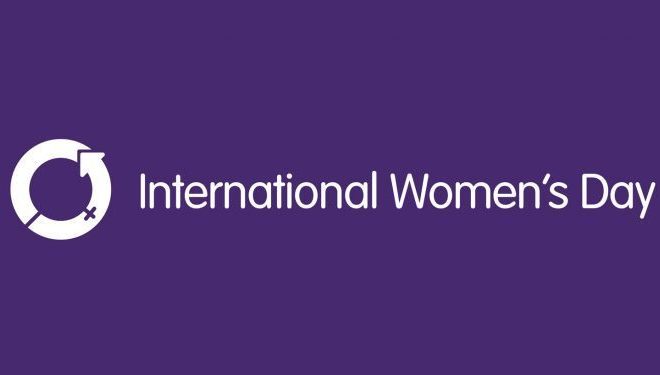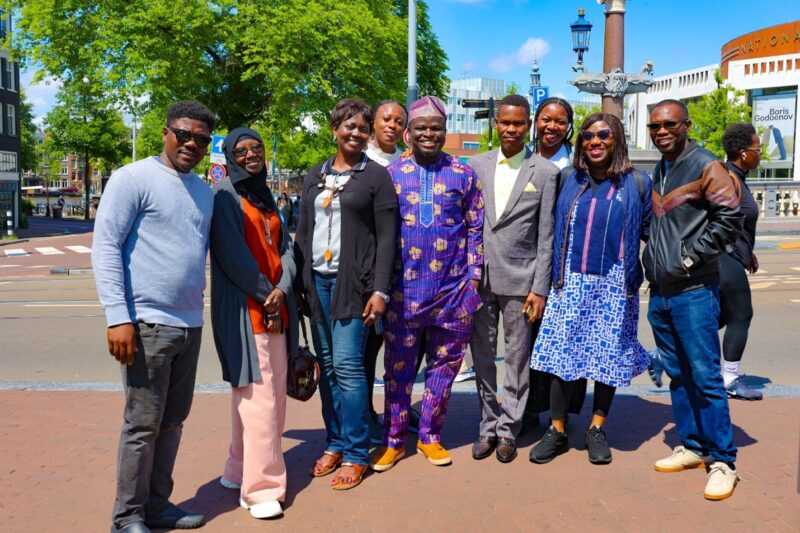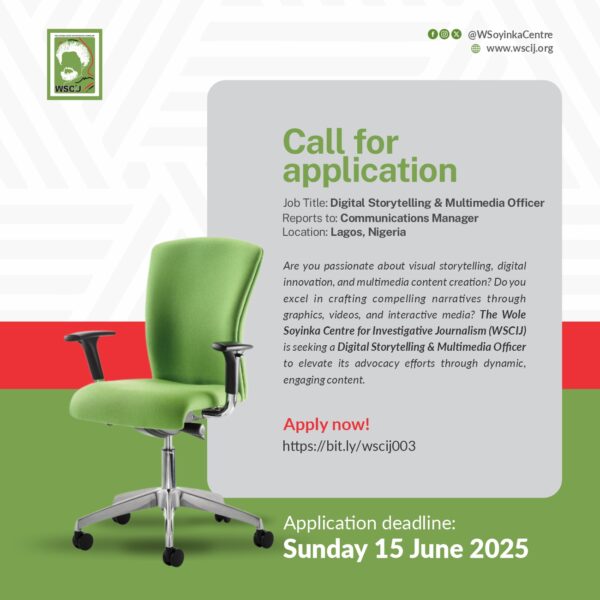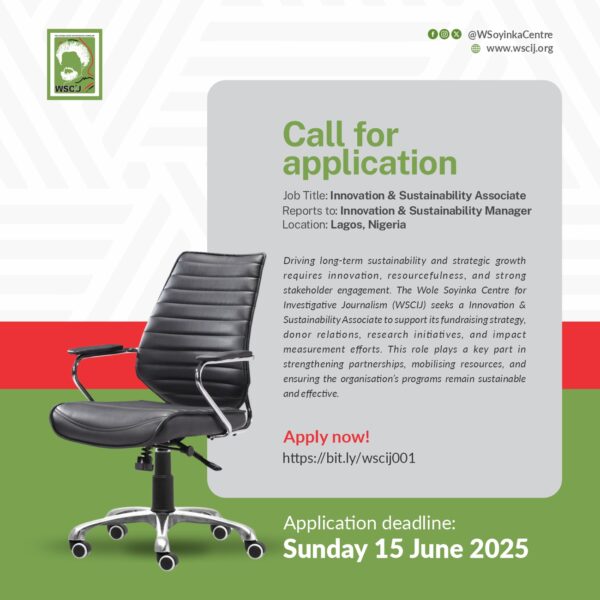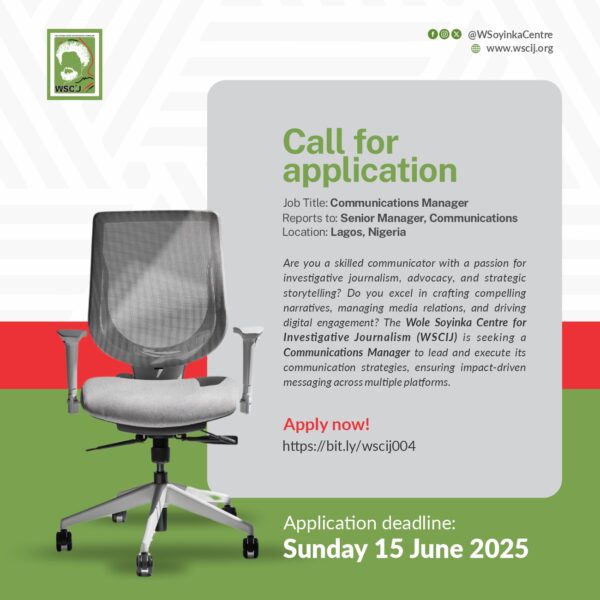Gender inequality is a global phenomenon. It has also been established that inequality drives underdevelopment. The link is obvious in Nigeria across cultural, religious, political and economic lines. It is again complicated by cultural practices that further limit the female person from birth to death.
As a harbinger of rights, the media has a moral obligation to lead the way in its prescriptions for what society should be in terms of gender equality and other inclusive requirements for social justice. Unfortunately, gender imbalance in favour of men is as predominant in the Nigerian media as it is in its communities. WSCIJ’s understanding from fifteen years of interaction with the media is that although leaders of the media are hardly conspiring against female leadership, they are however not intentional about the need for inclusion. In some instances, reporters had challenges in getting suitable female sources during reporting while many of the media houses do not train their journalists to wear the gender lens. The media is strategic to the larger discussion on gender mainstreaming. Its critical role of mirroring, amplifying and educating among others makes it a leader. When the media’s understanding of gender issues is jaundiced, society’s perception will be poorer.
The International Women’s Day, celebrated on March 8 every year is a day dedicated to celebrating women’s achievements in the social, economic, cultural and political spheres. The global celebration of International Women’s Day is a time for collective reflection of the progress women have made in the realising of their rights, an assessment of what still needs to be done and a call to action on tackling barriers against the realisation of these rights.
The theme this year “I am Generation Equality: Realising Women’s Rights” focuses on advocacy for gender equality and empowerment of women and girls in all areas of life. It highlights gender bias, not just as a social issue but as a human rights issue that undermines the full potential of life for women and girls.
Part of the objective of the International Women’s Day 2020 is to assess progress made on women’s rights and advocate for gender equality worldwide. Gender parity, equality and equity across boards and spheres cannot be overemphasised as the development of a sustainable economy is hinged on the productive and proactive contributions of both the male and female. Despite some progress, real change for gender equality continues to be slow in many countries of the world where women are still undervalued; face discrimination; work more for less; denied access to opportunities and enjoyment of services such as inheritance rights, training, promotion, finance, jobs, reproductive health choices among many others.
The Wole Soyinka Centre for Investigative Journalism (WSCIJ), as an organisation working towards a just, inclusive, transparent and accountable Nigeria stimulated by an ethical and sustainable media using the tools of investigative and accountability journalism, has overtime driven advocacies for equal rights for women especially in leadership positions for female reporters/journalists across newsrooms. Through the ReportWomen initiative, we continue to empower female journalists with the skills, finesse, support and tools to take bold steps that help position them for the highest leadership roles in their media houses as we believe that irrespective of gender, class, background or language, our newsrooms should have representation of females in leadership positions just males.
Beyond the International Women’s Day, WSCIJ will continue to support advocacies for the attainment of gender equality for women and girls in all spheres of life.

